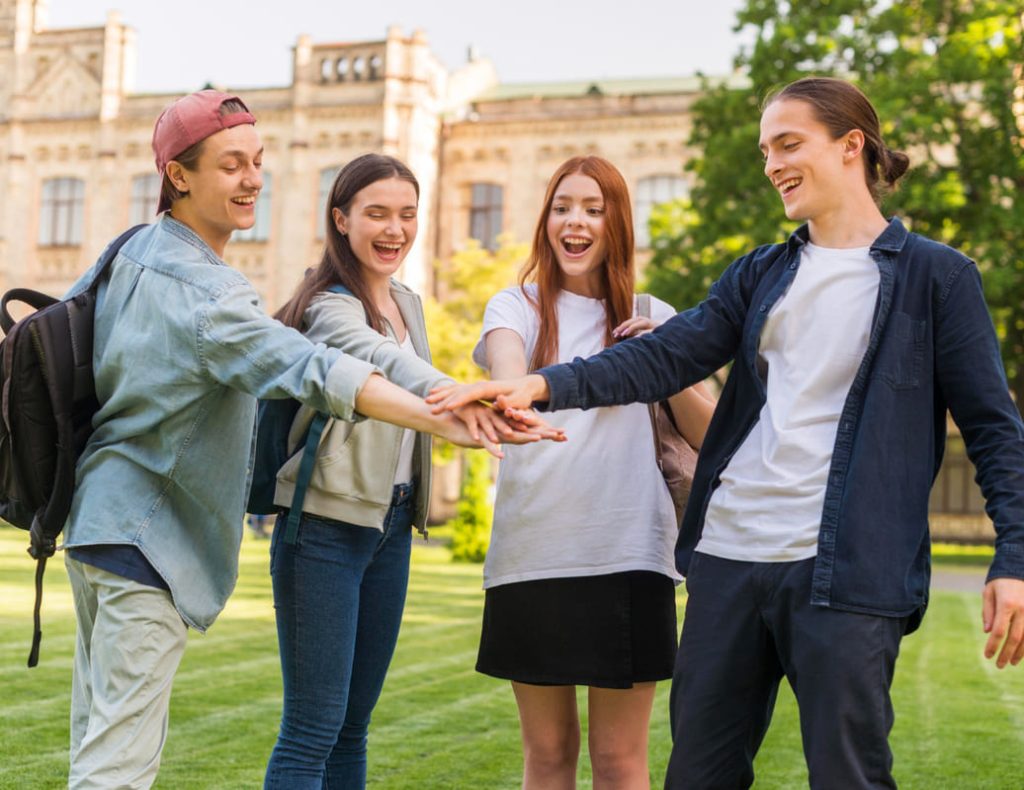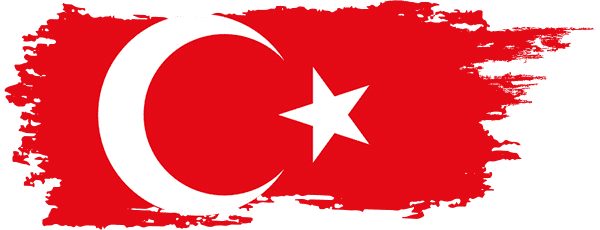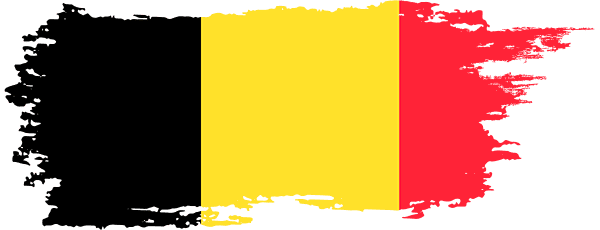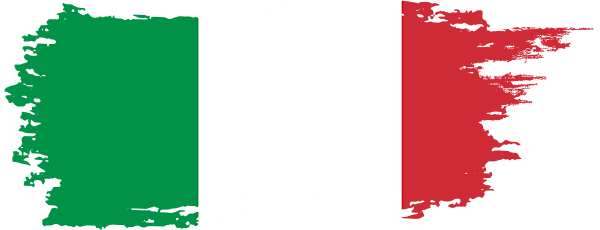BOOST European Project
Le projet d’échange pour les jeunes réalisé en juillet 2022
Cet échange entre différents jeunes de 4 pays étrangers (France, Belgique, Italie, Turquie) a été l’occasion pour nos jeunes de découvrir d’autres cultures et d’échanger sur des sujets qui leur tiennent à cœur.
Les participants au programme d’échange JOY
Le théâtre est un outil puissant pour renforcer la confiance en soi, la communication et le vivre ensemble.
Âge des participants
16-22 ans
Nombre de participants
24 participants de 4 pays différents
Lieu
Lyon
Projet BOOST : favoriser la cohésion sociale et l’inclusion des jeunes à travers l’Europe

L’objectif a été de créer des liens entre les jeunes, au-delà des frontières, pour construire ensemble un avenir plus inclusif.
Les objectifs du projet sont d’encourager le développement personnel des participants, de promouvoir la cohésion sociale et l’identité européenne, ainsi que de renforcer l’engagement citoyen.
À travers des activités éducatives et culturelles, ce projet a visé à développer les compétences en communication, la compréhension des cultures européennes et l’implication citoyenne.
De plus, le projet a utilisé le Youth Pass, un outil européen de reconnaissance des compétences acquises, afin de valoriser les apprentissages des participants.
Un mélange équilibré de jeunes de différentes origines et genres sera garanti, avec une attention particulière aux jeunes ayant moins d’opportunités.
Le projet a réuni 24 participants de 4 pays européens
Le théâtre est un outil puissant pour renforcer la confiance en soi, la communication et le vivre ensemble.

France

Turquie

Belgique


